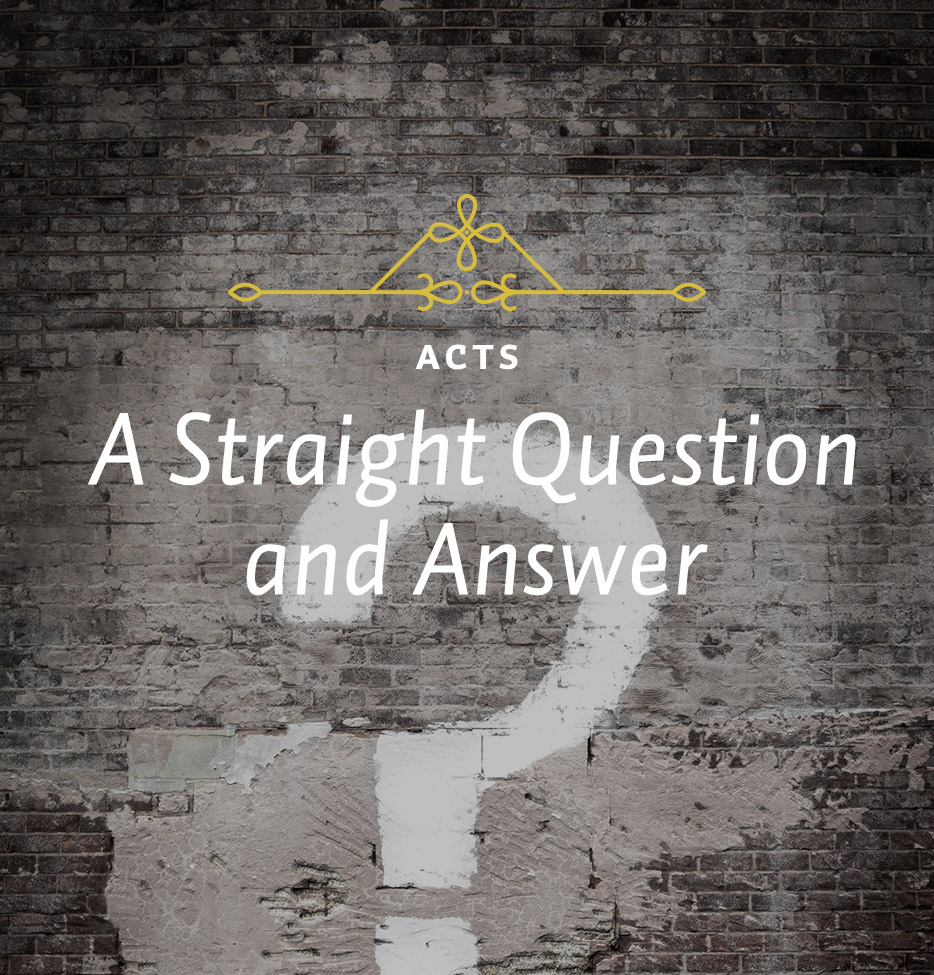The girl’s owners were upset when Paul cast out the girl’s demon, of course, because they had now lost their means of making money. They were so upset by it that they went to the authorities, saying, “These men are Jews, and are throwing our city into an uproar by advocating customs unlawful for us Romans to accept or practice” (vv. 20-21). It is interesting that the accusation they made was not the real reason for their being upset. They were angry that the source of their income had been taken away, that Paul had damaged their business.
We see this today. People are willing to tolerate Christian testimony and worship as long as Christianity doesn’t hurt their business. But if we begin to apply biblical principles to the business world—how money is both spent and made—then the world is up in arms against Christianity.
These men knew they would not get far before the magistrates by pleading only a loss to their income. So they devised an accusation that would appeal to the emotions of this very patriotic community. Philippi had been settled by retired Roman soldiers. The citizens had Roman citizenship and were extremely conscious of their citizenship. They were the most loyal of Romans. It was by appealing to this that the owners of the slave girl got Paul and Silas beaten and imprisoned. They also accused them of being Jewish and of disrupting Roman traditions.
That is almost funny, because we know that there were not very many Jews in Philippi. Usually when Paul went into one of these Greek or Roman cities, he began by going to the synagogue because he could be sure of finding godly Jews and Gentiles in those places. When he came to Philippi, however, there was not even a synagogue. There had to be ten Jewish men to have a synagogue. So, apparently, in Philippi there were not even ten Jewish men. Moreover, when he went down to the river, where he eventually found people worshiping, he did not find even one man. All were women.
The Jewish presence, therefore, was not a very big threat to the Romans of Philippi then. But when you are in the wrong and angry you reach for any scapegoat you can find. It served the purpose of the slave girl’s owners to say, “These men are Jews and, well, everybody knows what Jews are like. They go around stirring things up. They are trying to get us to do things that are unlawful for us to do, being Romans.” That was utter misrepresentation, of course. Jews did not go around stirring things up. Besides, Romans were allowed to convert to Judaism. Romans were tolerant of a variety of religions. Therefore, there were always “God-fearers” (Gentiles) in the Jewish synagogues. These men were playing on the prejudice of the crowd, and they succeeded, humanly speaking.
There was an uproar. The magistrates caused Paul and Silas to be stripped and beaten. Luke does not mention either himself or Timothy at this point. So apparently the two of them were overlooked. The rulers stripped Paul and Silas, beat them and threw them into prison. This is one of three times Paul was beaten with rods (cf. 2 Cor. 11:25).






